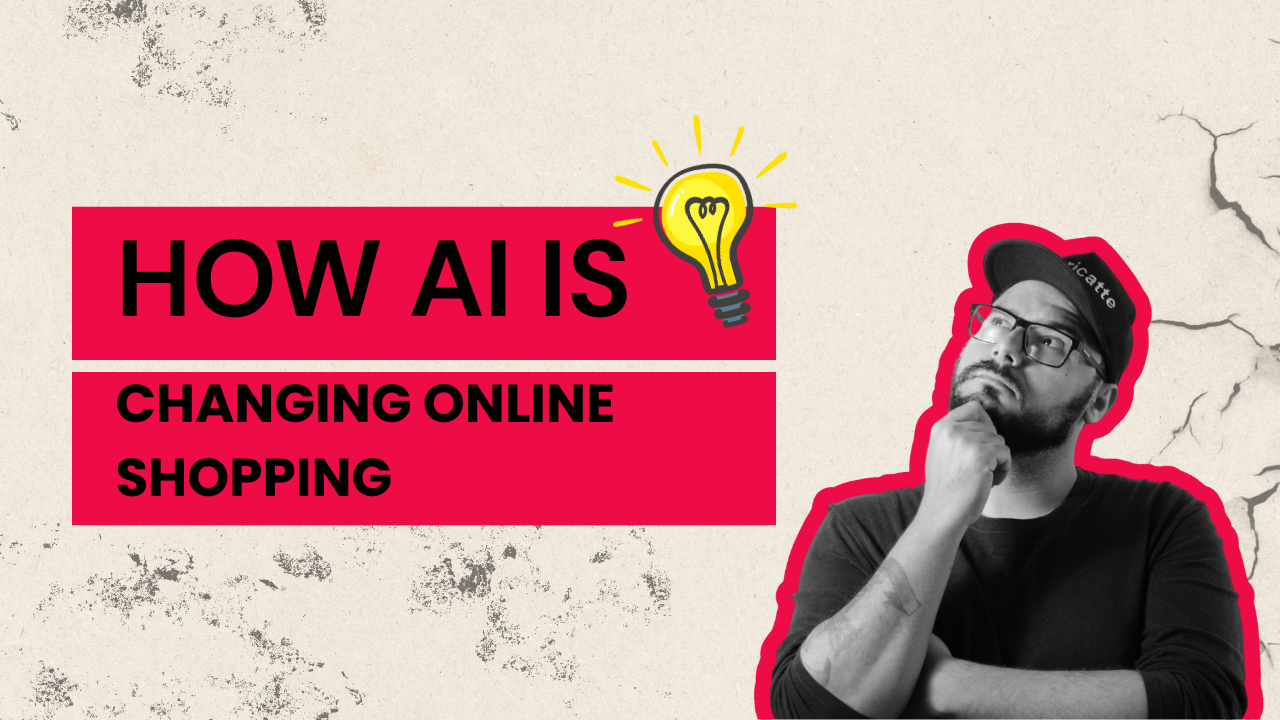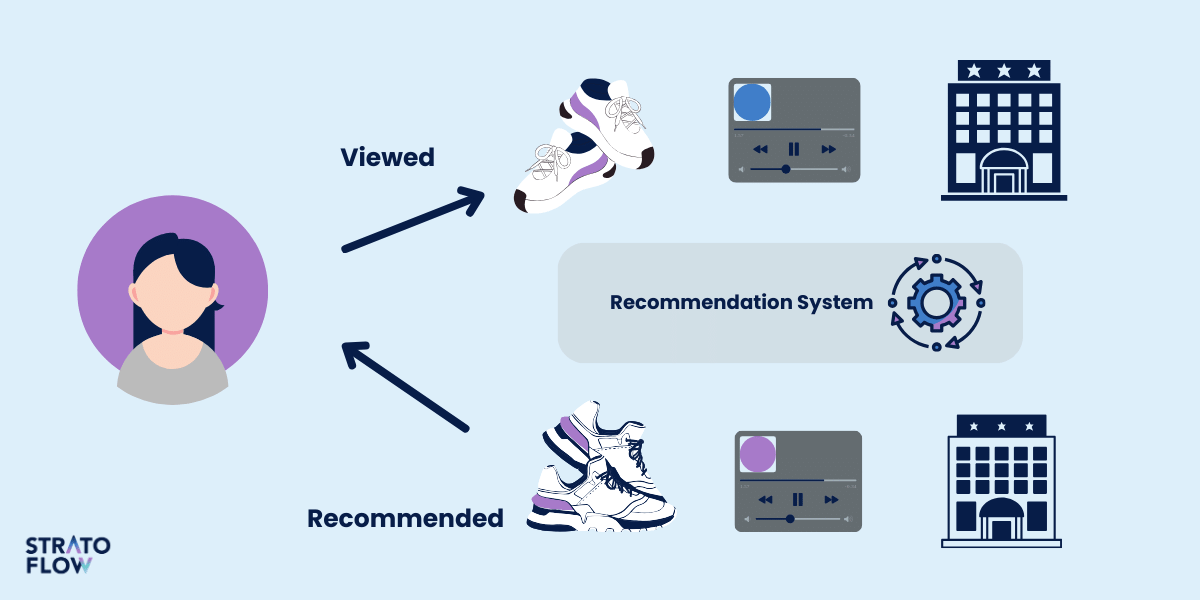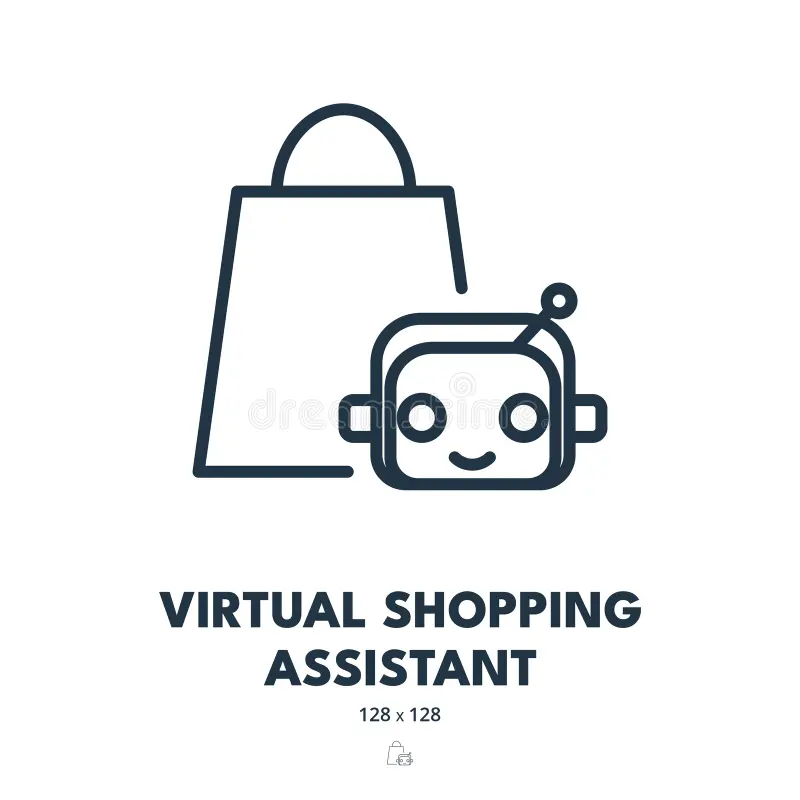How AI is changing Online Shopping

Artificial Intelligence has revolutionized nearly every industry, and e-commerce is no exception. From personalized recommendations to smart chatbots, AI is redefining how consumers discover, buy, and interact with online stores. With billions of people shopping digitally, businesses are using AI to deliver faster, smarter, and more engaging shopping experiences. According to Statista, retail E Commerce sales will exceed to $4.3 trillion in 2025. This figure will reach to new heights in the coming years.
Let’s explore how AI is reshaping the future of online shopping and what it means for both consumers and retailers.
Personalized Online Shopping Experiences:
One of the most visible ways AI is changing online shopping is through personalization. E-commerce platforms use machine learning algorithms to analyze a customer’s browsing history, purchase behavior, and preferences.
Platforms like Amazon, eBay, and Shopify use this data to recommend products tailored to each shopper’s needs. Instead of a generic experience, users see items they’re most likely to buy — increasing convenience and conversion rates.
In short, AI turns every shopper’s journey into a customized experience, making online shopping feel more personal and enjoyable.
Smarter Product Recommendations:

AI-powered recommendation systems are at the heart of today’s e-commerce success. These algorithms analyze massive datasets to predict what users might want next.
For example, if you buy a smartphone, the AI might recommend related accessories like cases, headphones, or screen protectors. These predictive analytics increase the average order value and help customers find products they didn’t even know they needed.
By understanding user intent, AI ensures the right product appears at the right time — just like having a smart personal shopper online.
Chatbots and Virtual Shopping Assistants:
AI-driven chatbots have become the new-age customer service agents in online shopping. They handle queries, provide recommendations, track orders, and even assist with returns — all in real-time.
Brands like Sephora, H&M, and Nike use AI chatbots on their websites and social media to offer instant, round-the-clock assistance.
These virtual assistants can also guide customers through the buying process, answer FAQs, and provide personalized suggestions — enhancing the overall user experience while reducing operational costs for businesses.

Visual Search and Image Recognition:
AI has also brought visual search into the e-commerce space. Instead of typing a product name, shoppers can simply upload an image to find similar products.
Platforms like Pinterest Lens and Google Shopping are already using this technology. For instance, if a user uploads a photo of a handbag, the AI can identify its style, color, and pattern — and show similar items available online.
This image recognition technology makes online shopping faster and more intuitive, especially for fashion and home décor enthusiasts.
Predictive Inventory and Supply Chain Management:
AI doesn’t just improve the customer experience — it also helps retailers run their operations efficiently.
By analyzing data from sales trends, seasonality, and consumer behavior, AI systems can forecast demand and optimize inventory levels. This minimizes stockouts and overstock situations, helping businesses save money and reduce waste.
In addition, AI-powered logistics tools can predict the fastest delivery routes and identify potential supply chain disruptions before they happen — ensuring timely deliveries.
Fraud Detection and Enhanced Security:
As online transactions grow, so does the risk of fraud. AI plays a key role in detecting suspicious activities and securing online payments.
Machine learning algorithms analyze patterns in user behavior and detect anomalies — such as multiple failed login attempts or unusual spending habits.
This helps prevent identity theft, fake reviews, and payment fraud, ensuring a safe and trustworthy shopping environment.
Voice Commerce…The Next Big Trend:
With the rise of voice assistants like Alexa, Siri, and Google Assistant, voice commerce is becoming a major part of online shopping.
Consumers can now search, compare, and order products simply by speaking. AI-powered natural language processing (NLP) allows these assistants to understand human speech and respond accurately.
Imagine saying, “Alexa, order my favorite coffee beans,” — and having them delivered the next day. That’s the convenience AI brings to the future of e-commerce.
For your better online shopping, Google has launches AI-Powered Virtual Try-On feature. This feature enables the users to see how clothes will look on their own body.
Need to know more about the Try On Feature, click here.
Google Launches AI-Powered Virtual Try-On, Smart Price Alerts & Visual Style Search
